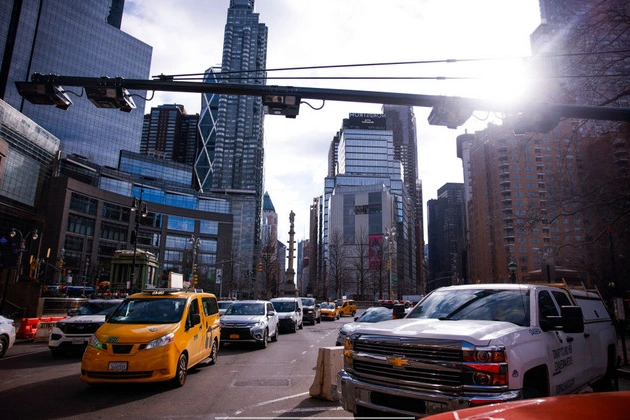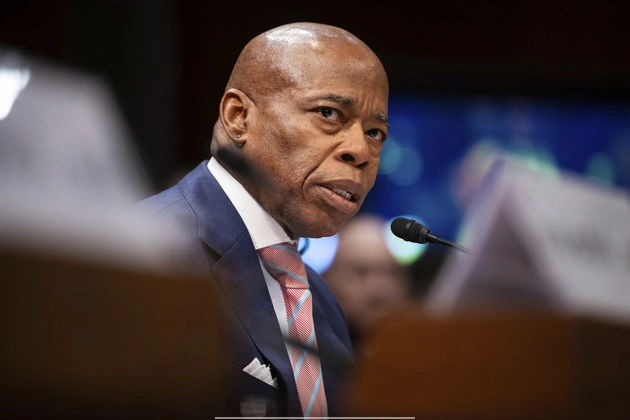
President Donald Trump’s move to halt the controversial Manhattan toll plan has thrown the region’s mass transit financing into uncertainty. The decision to rescind federal support for the tolls has triggered immediate legal action from supporters, including New York Gov. Kathy Hochul.
In a social media post, Trump declared, “CONGESTION PRICING IS DEAD. Manhattan, and all of New York, is SAVED. LONG LIVE THE KING!” This abrupt announcement followed U.S. Transportation Secretary Sean Duffy’s withdrawal of necessary approval for the tolls in early January.
The Legal Battle
Janno Lieber, the president and CEO of the Metropolitan Transportation Authority, expressed bewilderment at the administration’s sudden reversal, highlighting the extensive federal oversight and approval process the program underwent.
Despite legal challenges, the administration’s efforts dealt a blow to Hochul and congestion pricing supporters, who touted benefits like reduced traffic. The tolls, which went into effect below 60th Street in early January, aimed to fund major infrastructure improvements for the city’s transit systems.
Public transit advocates celebrated the tolls’ potential for faster, more reliable service but faced opposition from Trump, a longtime critic of congestion pricing. The decision has left the construction industry and New Jersey Governor Phil Murphy rejoicing, while Democratic Rep. Josh Gottheimer praised the move as a relief to Jersey families.
Industry Impact
New York’s powerful construction industry condemned the withdrawal of federal support, citing concerns over existing tariffs and infrastructure spending plans. The decision raised questions about the future of transit funding and the impact on commuters.
As legal battles unfold and political reactions continue, the fate of congestion pricing in NYC remains uncertain. The clash between federal, state, and local interests underscores the complexity of transportation policy and funding in major metropolitan areas.















